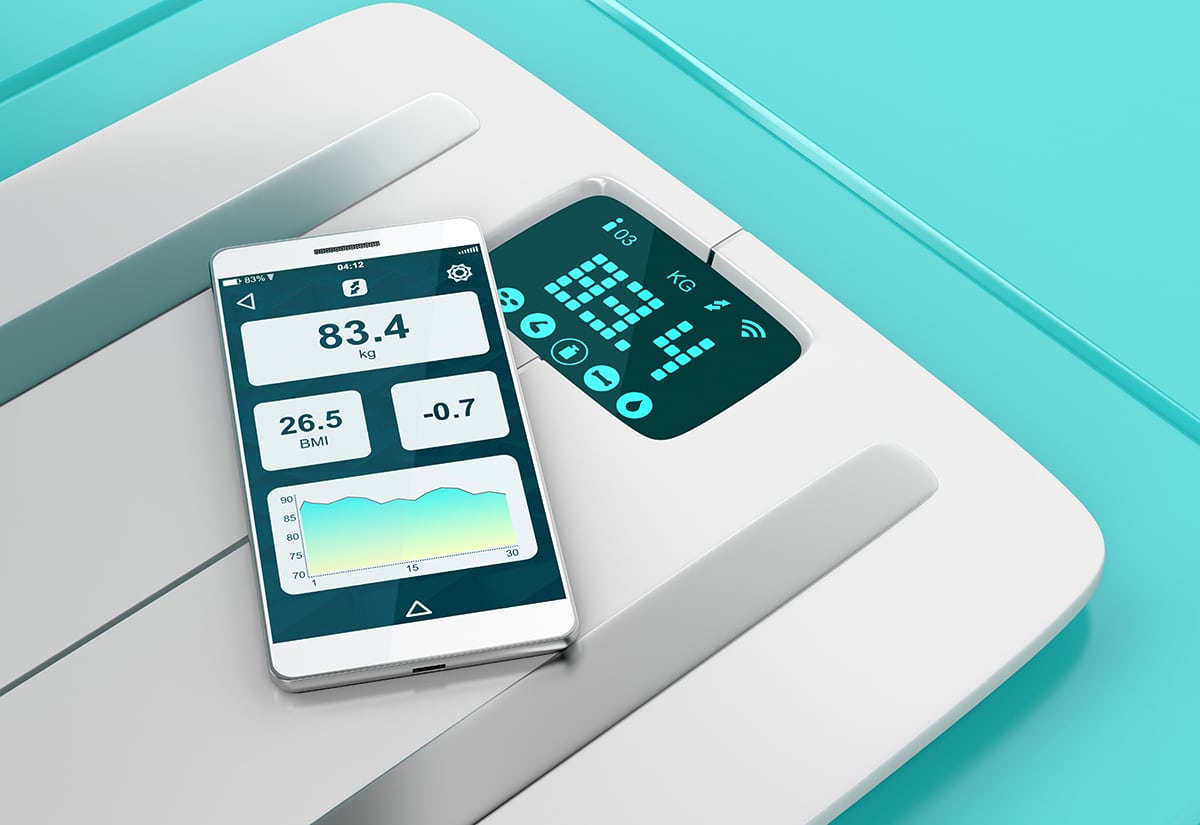In the evolving landscape of health and fitness technology, SMART Scales have emerged as a buzzworthy innovation, promising not only to deliver precise weight measurements but also to offer a treasure trove of health data. As technology advances, these devices claim to redefine how we approach weight loss and management. But do SMART Scales truly live up to their ambitious claims, or are they merely an expensive addition to your bathroom floor?
What Are SMART Scales?
At their core, SMART Scales perform the basic function of any scale: measuring your body weight. However, they don’t stop there. These advanced scales boast the ability to provide a plethora of additional health metrics, including total body water, body fat percentage, lean body mass, BMI, visceral fat level, and bone mass. Such comprehensive data promises to offer a holistic view of your health beyond the simple digits of weight.
The Science Behind SMART Scales
SMART Scales utilize bioelectrical impedance analysis (BIA) to gather these health insights. This method involves sending a low-level electrical current through the body and analyzing how it interacts with different tissues. Since lean tissues (like muscle and organs) conduct electricity better due to their higher water and electrolyte content, BIA measures the resistance encountered by the current to estimate body composition.
Accuracy and Limitations
Despite the advanced technology behind SMART Scales, studies have raised questions about the accuracy of their readings. Factors such as hydration status, the time of day, and recent meals can significantly influence the measurements, casting doubt on their reliability. However, it’s essential to acknowledge that all methods of measuring body composition come with a margin of error.
The Value of Consistency
Even with their limitations, SMART Scales can still be a valuable tool for those committed to monitoring their health. By consistently using the same device under similar conditions, you can track relative changes in your body composition over time. This method allows for a focus on trends rather than absolute numbers, potentially offering insights into your health and fitness progress.
Beyond the Numbers
One of the unique features of SMART Scales is their ability to sync with smartphones and health apps, automating the tracking process and integrating seamlessly into your health management ecosystem. This convenience can be particularly beneficial for individuals with busy schedules or those seeking to minimize the stress associated with scale readings.
Making an Informed Decision
As SMART Scales become more accessible, the decision to invest in one becomes a matter of personal preference and goals. While certain features, like app integration, may justify a slightly higher price point for some, the overall reliability of SMART Scales for measuring health metrics remains a topic of debate.
In conclusion, SMART Scales offer a mix of innovative features and potential limitations. Before making a purchase, consider how these scales align with your health goals and whether their benefits outweigh the drawbacks. Remember, the most effective health monitoring approach is one that supports your well-being and encourages progress toward your fitness aspirations.

Holly T. Baxter is an Australian Dietitian with over 13 years of experience in health and fitness. She holds a degree in Food Science and Nutrition and a Master of Dietetics from Deakin University. A former professional physique athlete, Holly has two World Championship titles. Her latest project, BiaBody, is dedicated to women’s health and fitness. As an APD Dietitian and Online Physique Coach, she focuses on evidence-based health education and empowering women through fitness.

